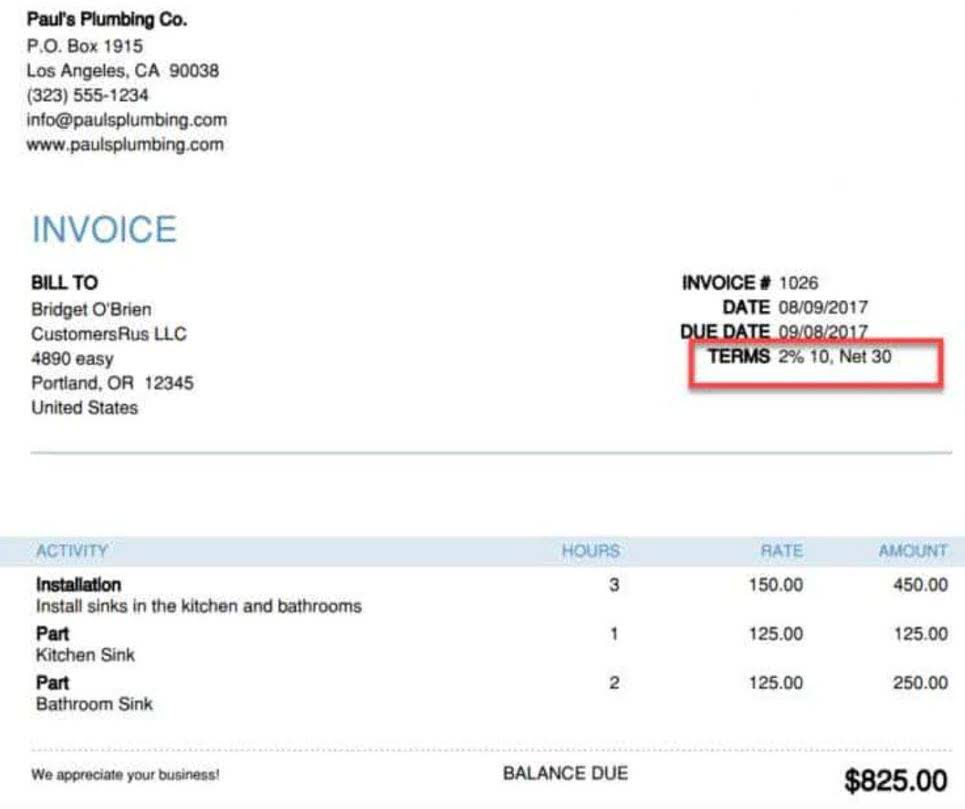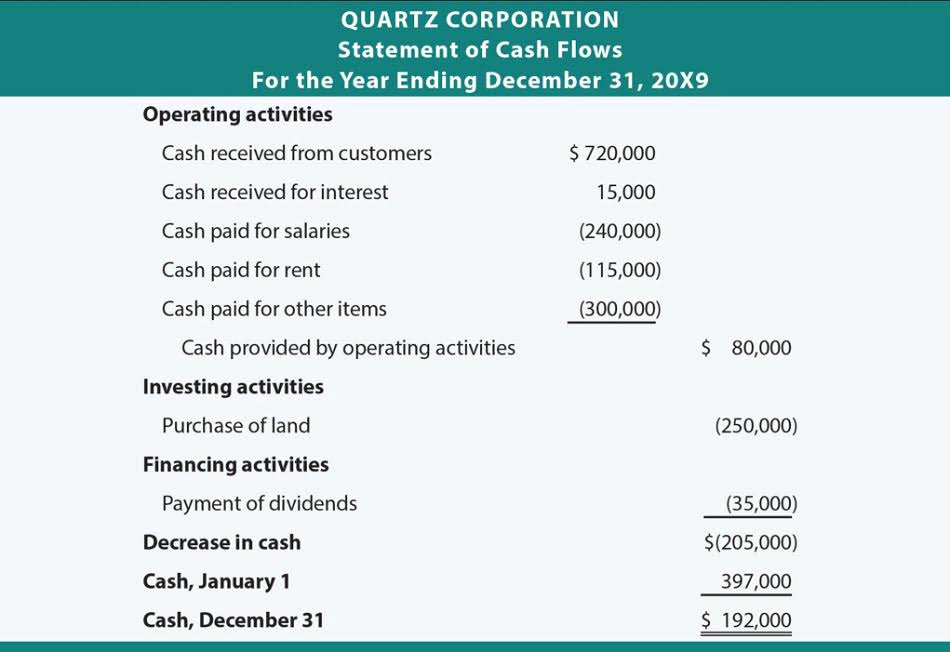‘Forever’ documents: Here are the records you should never throw out

Our best expert advice on how to grow your business — from attracting new customers to keeping existing customers happy and having the capital to do it. If you have an old document that isn’t mentioned above, Mendelsohn said, you’re probably safe following the seven-year rule. Common wisdom suggests we keep important papers for seven years, for reasons that, we vaguely recall, have something to do with taxes. You must keep records at your place of business or your residence in Canada, unless the Canada Revenue Agency (CRA) gives you written permission to keep them elsewhere. For example, you need to keep company records and some employee records for 7 years. Find out about the cloud computing software service on the ATO website.
Consider digital record keeping

Business owners should keep all records of employment taxes for at least four years. The IRS has a time frame for some records while the Department of Labor (DOL) sets the duration for others. Keep in mind that other entities (e.g., an insurance company) may vary on recordkeeping length. Keeping accurate and organized business records is key to managing your finances, complying with IRS requirements, and protecting your company. Businesses in some industries have additional state and federal requirements for recordkeeping.
- Recycling companies and stores like UPS and FedEx will shred paper for free or for a fee, and since they mix your papers with others from multiple customers, this can be a secure option.
- For those of us with paper records dating to the Clinton administration, that would seem to mean you can throw them away.
- Ideally, you should keep the originals of your physical files with digital backups securely stored.
- There are a few different options when it comes to getting rid of old paper records.
Recordkeeping
- Save records relating to job applicants you did not hire for three years.
- Destroying documents subject to retention periods can have criminal consequences – especially in the context of impending over-indebtedness or insolvency.
- The IRS can audit your return and you can amend your return to claim additional credits for a period that varies from three to seven years from the date you first filed.
- Record-keeping is a boring, but important business activity, and if you make the wrong choices, you risk litigation, succession planning problems and the wrath of the tax man.
- The National Association of Information Destruction (NAID) certifies shredding services, and working with a NAID-approved vendor can increase the security of document disposal.
- It’s always best to consult with your accountant during a business transition.
Retaining tax returns and other records for seven years—starting from the later of the filing date and due date of the related tax return—offers a convenient rule of thumb. Businesses (or their accountants) then record the accounting effects of transactions and file the supporting records based on the type of transaction and when it occurred. For example, when you pay for a client lunch, your bank account will show the payment for the lunch. You’ll then also want to keep supporting documents in your records that show how long to keep business documents the date, cost, attendees and business reason for the meal.
Digital vs. Paper Records
- The CRA, however, does recognize that this is not always possible.
- Ensure you back up digital records regularly and use secure storage solutions to protect sensitive information.
- Keep these records on hand for a year if you need them to support your current-year tax preparation or as proof of income when making a large purchase.
- If you’re still not sure about which small receipts to keep, you can review the IRS guidelines on proving expenses under $75 here.
- You should retain lease and business loan documents that pertain to tax deductions for the seven-year period described earlier.
Shred physical copies to protect against identity theft, and permanently delete digital files from all devices, including backups. Knowing how long to keep tax returns and other records can help businesses respond to information requests. Additionally, owners can use this information to better understand their businesses. Your business may have other record-keeping requirements, such as forms required to be filed at the state or local levels. Be sure to review your record-keeping obligations and create the record-keeping retention system that will work best for you. The IRS may go back 7 years to audit your tax returns for errors or incorrectly claimed deductions – so it’s important that you keep all tax-related documents for that length of time.


If you receive your bank and credit card statements electronically, download any statements you need for tax purposes and keep Insurance Accounting them for seven years. Any business or entity who voluntarily choose to make tax-relevant records available despite not being obligated to do so, are also required to follow document retention periods. The legal form of your company may also dictate additional details for business document retention. Are state tax record-keeping requirements different from federal guidelines? Generally, yes, state tax authorities may have different retention periods. These periods are often longer than federal guidelines, so make sure to check with your state’s tax agency for specific requirements.
- Read on to learn about retention periods for your accounting documents.
- First, the service pairs you with a CPA who is an expert in your state and industry and can answer the tough questions you have about your business.
- Except in a few cases, the law does not require special kinds of records.
- In some cases, the IRS can audit your business after the three-year mark.
Take the stress out of tax filing season.
Keep business income tax returns and supporting documents for at least seven years from the tax year of the return. unearned revenue The IRS can audit your return and you can amend your return to claim additional credits for a period that varies from three to seven years from the date you first filed. (These time frames are known as “periods of limitations.”) But it’s a good idea to use seven years as your guide for keeping these documents.

Leave a Reply
Want to join the discussion?Feel free to contribute!